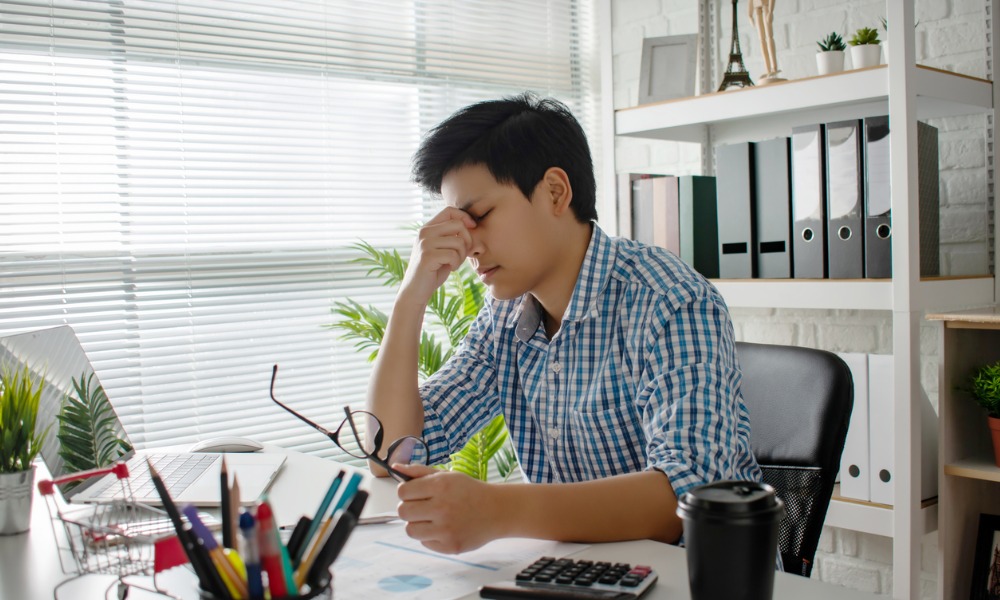
Government releases report on karōshi, urges employers to let people rest

A new report has found that employees in Japan are suffering from fatigue and are not getting enough sleep, prompting the government to call on employers to give their staff time to rest.
The Japanese government on Friday released a new report on karōshi, or death from overwork, which surveyed over 9,800 individuals, including self-employed workers and corporate employees, according to reports.
NHK World-Japan, citing the white paper, reported that 53% of the respondents who work between 20 and 40 hours a week "sometimes carry over fatigue from the previous day to the next morning."
This figure increased to 60% to those who between 40 and 60 hours a week, and further climbed to 69% for employees who work over 60 hours a week.
According to the report, 82% of the respondents who said they "always carry over fatigue from the previous day to the next morning" believe they suffer from depression, anxiety, or show depressive tendencies.
Meanwhile, the government report also found that many Japanese employees aren't getting sufficient hours of sleep, putting them at risk for various health issues.
The Japan Times reported that 78% of employees working for more than 60 hours aren't getting enough sleep.
Another 71.1% of employees working between 40 and 60 hours said the same thing. This figure dropped to 64.5% for those working between 20 and 40 hours, before declining further to 56% for those working for less than 20 hours a week.
And even if employees have varied ideal lengths of sleeping hours, the report found that they still aren't meeting this.
Nearly half of the respondents said they should be getting between seven and eight hours of sleep. While others said:
However, 35.5% said they only get to sleep between five and six hours per night, while 35.2% only get between six and seven hours of sleep. For others, they get:
If the gap between employees' desired sleep and what they get is more than two hours, the research warned that it could lead to a variety of issues, such as daytime sleepiness, concentration and digestive and intestinal disorders.
Sleep deprivation is also closely linked to depressive tendencies and anxiety, as well as feelings of unhappiness.
To address the issue, Japan's Health Ministry is calling on employers to ensure that their employees get enough sleep, The Japan Times reported.
Employers are urged to set up minimum hours of rest and recuperation between shifts, according to the report.
Japan has long faced the problem of employees overworking themselves to death - dubbed as karōshi in the country - with the most common medical causes of fatalities being heart attacks and strokes as a result of stress.
To address the problem, Japan passed the Law Promoting Measures to Prevent Death and Injury from Overwork in 2014, which also mandated the annual report on karōshi.
A new vertical pod is also underway that aims to help sleep-deprived Japanese employees by giving them a space where they can nap.